In response to the German government's call to "mitigate risks" with China, much of Europe's largest industry remains hesitant to leave the world's biggest market.
Evidence of this includes German direct investment in China reaching near-record levels in the first half of 2023, German imports from China increasing by 34% in 2022, and the three largest German automakers – Mercedes-Benz, BMW, and Volkswagen – continuing to sell more than a third of their total cars to Chinese consumers.
Businesses argue that to "mitigate risk," one must first understand where the risk lies, something the German government has yet to fully grasp.
Change your perspective.
A glowing finger at the end of the robotic arm is working on a strip of aluminum, welding holes in one of the 2,000 ladder components that will be processed on an assembly line operated by the Munk Group in the southern German city of Günzburg.
Factories like these are scattered throughout rural Bavaria, home to hundreds of Mittelstand companies – private, family-owned businesses that form the backbone of Europe's leading economy .
Ferdinand Munk's family has been manufacturing ladders here for 120 years, long enough to understand who is a good business partner.
“We started doing business with China two decades ago,” Mr. Munk said. “Back then, the German government encouraged us to cooperate with Chinese companies. They told us it would be a win-win scenario.”
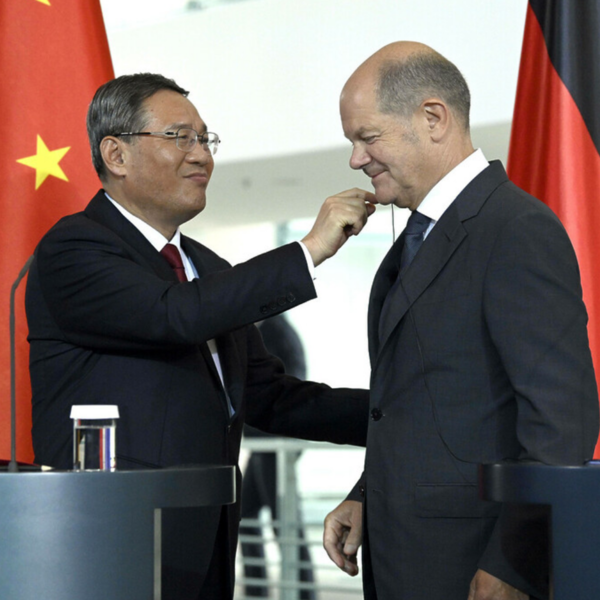
An automobile assembly line at the FAW-Volkswagen plant in Qingdao, China, January 2023. Photo: Getty Images
Twenty years later, the German government has changed its stance on China. Foreign Minister Annalena Baerbock, at a national security strategy meeting last June, warned: "The German government is not in a position to bail out German companies investing in China."
This warning signals a new strategy by the German government toward China, called “risk mitigation,” echoing the new terminology used by the European Union (EU), which considers China an “economic competitor and systemic rival.”
In its first "China Strategy," a 40-page document published last July, the German government reaffirmed its definition of "risk mitigation."
The document states that Europe's largest economy wants to maintain trade and investment ties with China while reducing its dependence on key sectors by diversifying its supply chains.
"In key areas, Germany and the EU must not become dependent on technology from non-European countries that do not share our fundamental values," the document states.
The then-Chinese Foreign Minister quickly responded, warning his German counterparts that “risk mitigation” could mean “losing opportunities, losing cooperation, causing instability, and hindering development.”
But much of German industry remains hesitant to leave the world's largest market.
No viable way out is in sight.
An hour's drive south of Mr. Munk's ladder factory, workers on one floor of another factory are working with steel wire rope. This factory, belonging to the Pfeifer Group, is located in the medieval town of Memmingen. Before producing cable, the factory had started with rope hundreds of years ago.
"We are one of the oldest companies in Germany, with a history of 440 years," said Gerhard Pfeifer, CEO of the Pfeifer Group.
Mr. Pfeifer said his family business began in 1579, when his ancestors made rope. After World War II, the company switched to producing steel cables. Now, Pfeifer's cables can be found at the SoFi Stadium in Inglewood, California; used to pull elevators to the top of the Burj Khalifa in Dubai; and inside thousands of buildings in China, where Pfeifer started his business in 2004.
Visits to China in the early 2000s convinced Pfeifer that the country was key to his company's future. He said, "And to this day, I believe that avoiding contact with China is impossible."
Mr. Pfeifer argued that China is too big to ignore and that most Western politicians misunderstand the country. According to him, the Chinese approach problems very differently from people in many Western countries.
"When we talk business with the Chinese, we need to have a very clear understanding of the interests involved," he said.
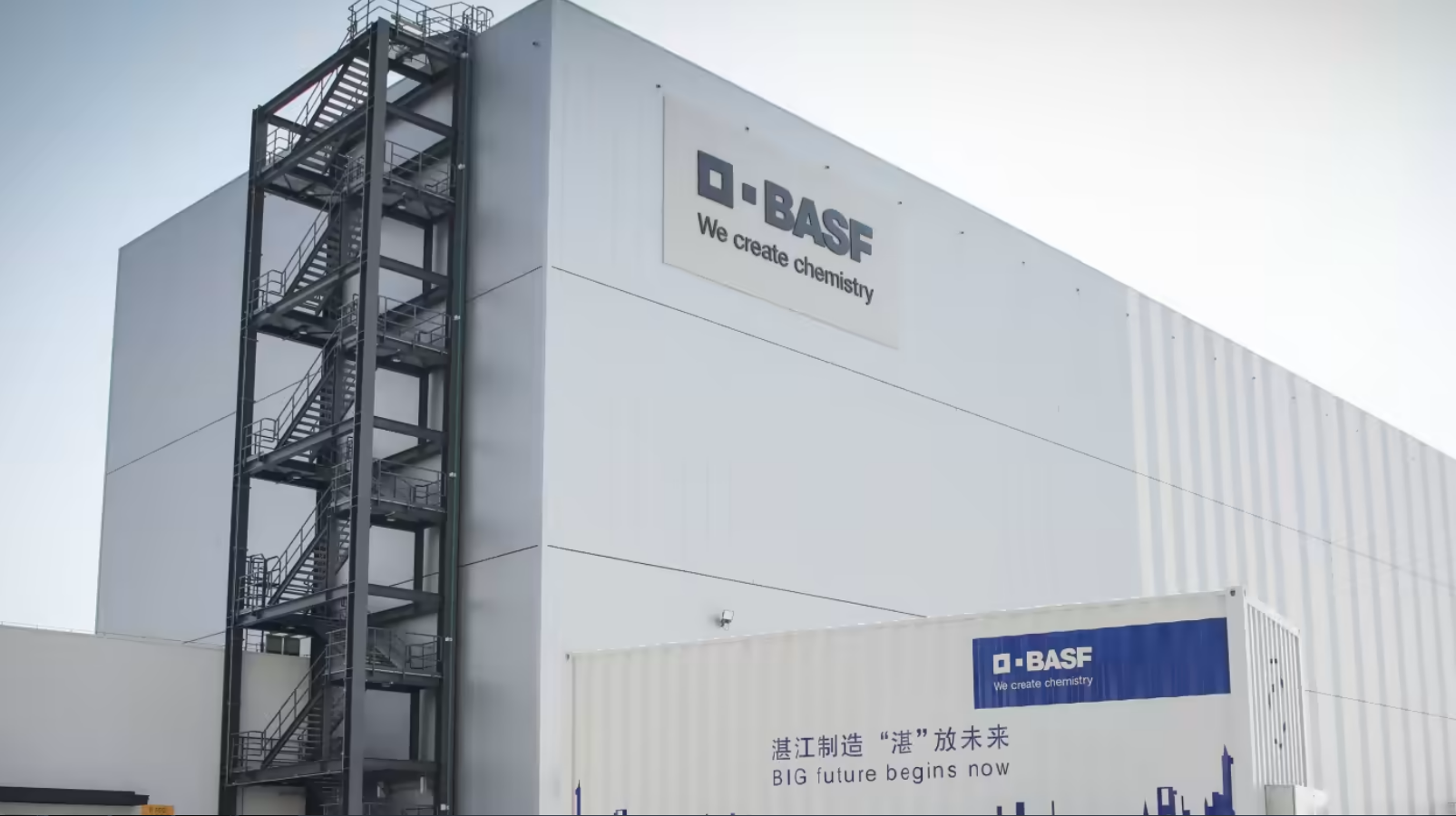
The plant in Zhanjiang city – part of BASF's production complex in China – produces 60,000 tons of engineering plastics annually. Photo: Nikkei Asia
Furthermore, according to him, due to certain organizational structural issues, Germany still lacks internal unity regarding its own national interests. And Pfeifer argues that this is why German businesses are largely ignoring official calls for "risk reduction."
The figures seem to support Pfeifer's assessment: German imports from China increased by 34% in 2022, German direct investment in China was near record levels in the first half of 2023, and Germany's three largest automakers – Mercedes-Benz, BMW, and Volkswagen – continue to sell more than a third of their total cars to Chinese consumers.
At a recent event, the CEO of Mercedes-Benz stated that “risk mitigation” does not mean diminishing the company's presence in China, but rather strengthening it.
"Frankly, I think that for the German automotive industry, they are too involved in the Chinese market; I can't see a viable economic way out for them," said Norbert Röttgen, a member of the German Parliament and former chairman of the Parliament's Foreign Affairs Committee.
Röttgen stated that Germany's past dependence on Russia for energy, now widely regarded as a strategic mistake, was only a small fraction of the Western European nation's dependence on China.
"If a conflict were to break out and we were forced to retreat or face retaliatory sanctions from China against Germany, the damage would be catastrophic and devastating for a segment of German industry," Röttgen warned.
Not fully grasped yet.
Although both belong to Germany's ruling coalition, Chancellor Olaf Scholz of the center-left Social Democratic Party (SPD) has a different approach to China than Foreign Minister Baerbock of the Green Party. Scholz seems to avoid placing China in the same group as Russia.
In November 2022, Scholz was the first Western leader to visit Beijing during the pandemic, accompanied by a delegation of CEOs from Germany's largest companies. "Risk mitigation" was not on their agenda.
“There are some differences between the political rhetoric you see in Europe and Germany today and what entrepreneurs have been doing in the past,” said Michael Schumann, President of the German Federal Association for Economic Development and Foreign Trade. “If you are an entrepreneur, you are always facing risks and what today is called risk mitigation.”

German Chancellor Olaf Scholz and Foreign Minister Annalena Baerbock during a march in the suburbs of Berlin, January 14, 2024. Photo: Yahoo!News
Schumann argued that despite having a "hawkish" stance on China, "quite a few members of parliament in Germany have very little knowledge of China. They have never been there. All they know is what they read in the media, and of course that often leads to polarization."
Accordingly, he argued that if politicians in Berlin, their advisors, and the German media had a better understanding of China, "the discussion probably wouldn't have gone in this direction."
He said that the real "experts" on China in Germany can be found among the hundreds of German companies that do business in China every day, for example, the Pfeifer Group which operates in the construction sector.
Mr. Pfeifer said that the perspective behind risk mitigation is good, but it must stem from a clear understanding of where the risks lie, something he believes the German government has not yet fully grasped.
“Sensitivity toward China is absolutely necessary, there’s no doubt about that,” Pfeifer said. “But if risk mitigation begins in the sense of less contact, then I think that’s the wrong approach, because then we’ll miss the opportunity to understand China.”
And taking the time to understand China, according to Pfeifer, is the best thing Germany can do to help “mitigate the risks” from China .
Minh Duc (Based on NPR and CNN)
Source














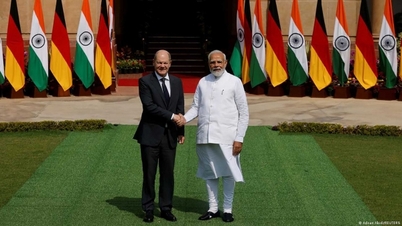

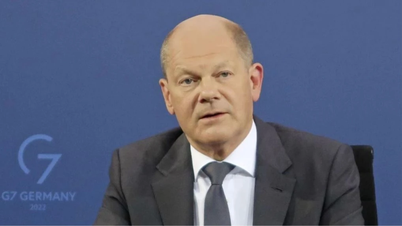

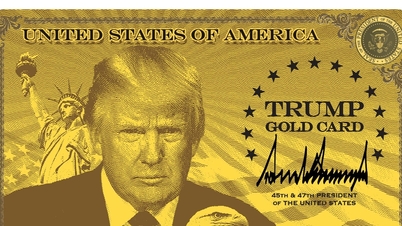


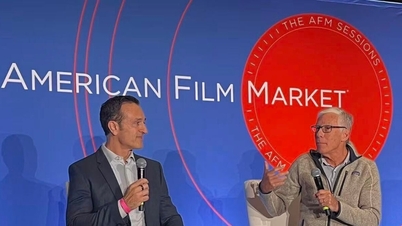
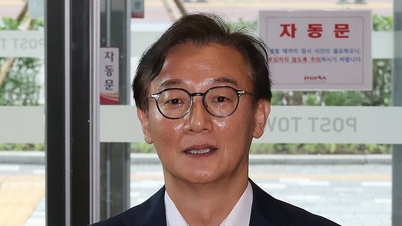
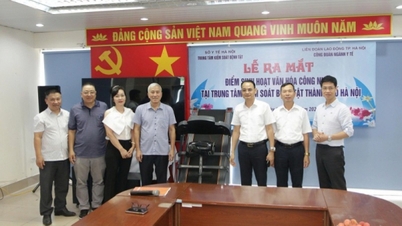

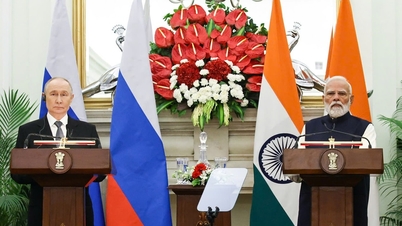





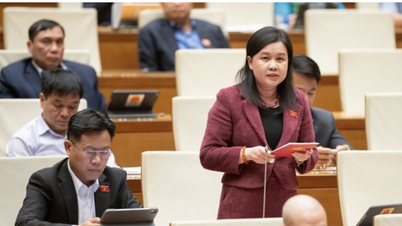


























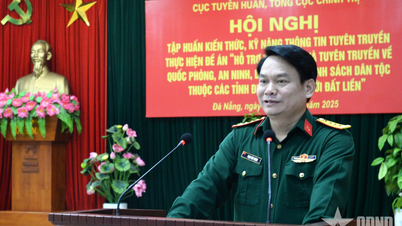






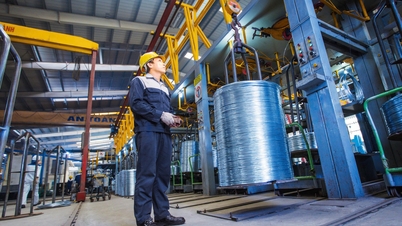
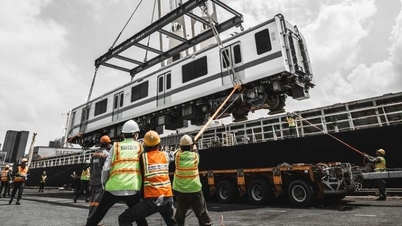










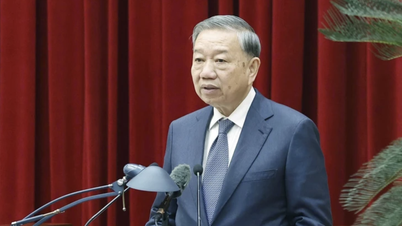


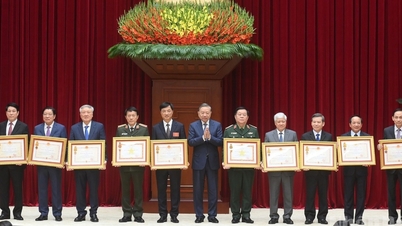


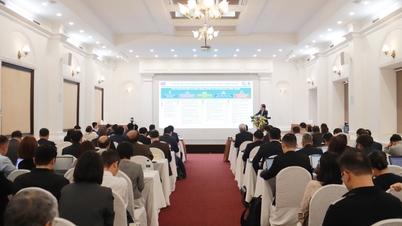


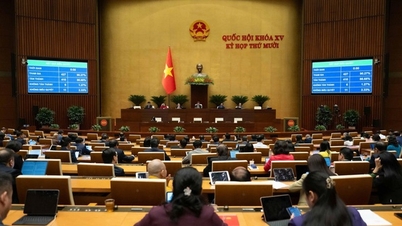
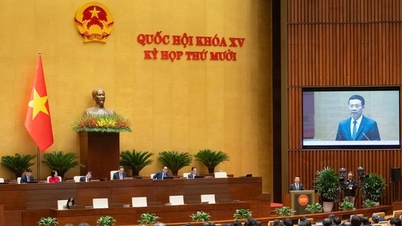


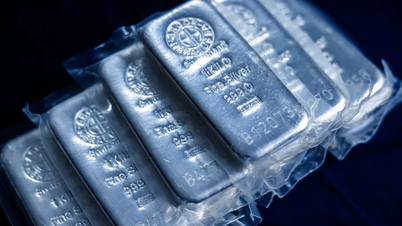

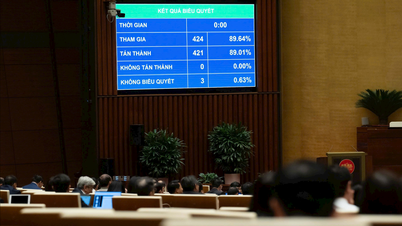

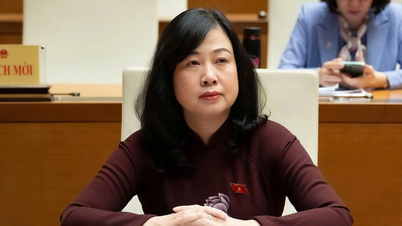

![[Infographic] Many activities at the 96th anniversary commemoration of the death of Deputy Scholar Nguyen Sinh Sac](https://vphoto.vietnam.vn/thumb/402x226/vietnam/resource/IMAGE/2025/12/11/1765441454787_infographic-nhieu-hoat-dong-tai-le-gio-lan-thu-96-cua-cu-pho-bang-nguyen-sinh-sac20251211010322.webp)

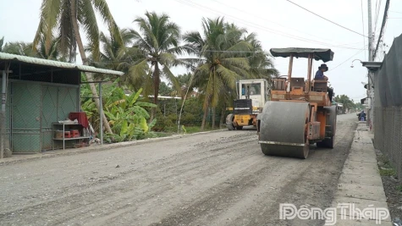














Comment (0)